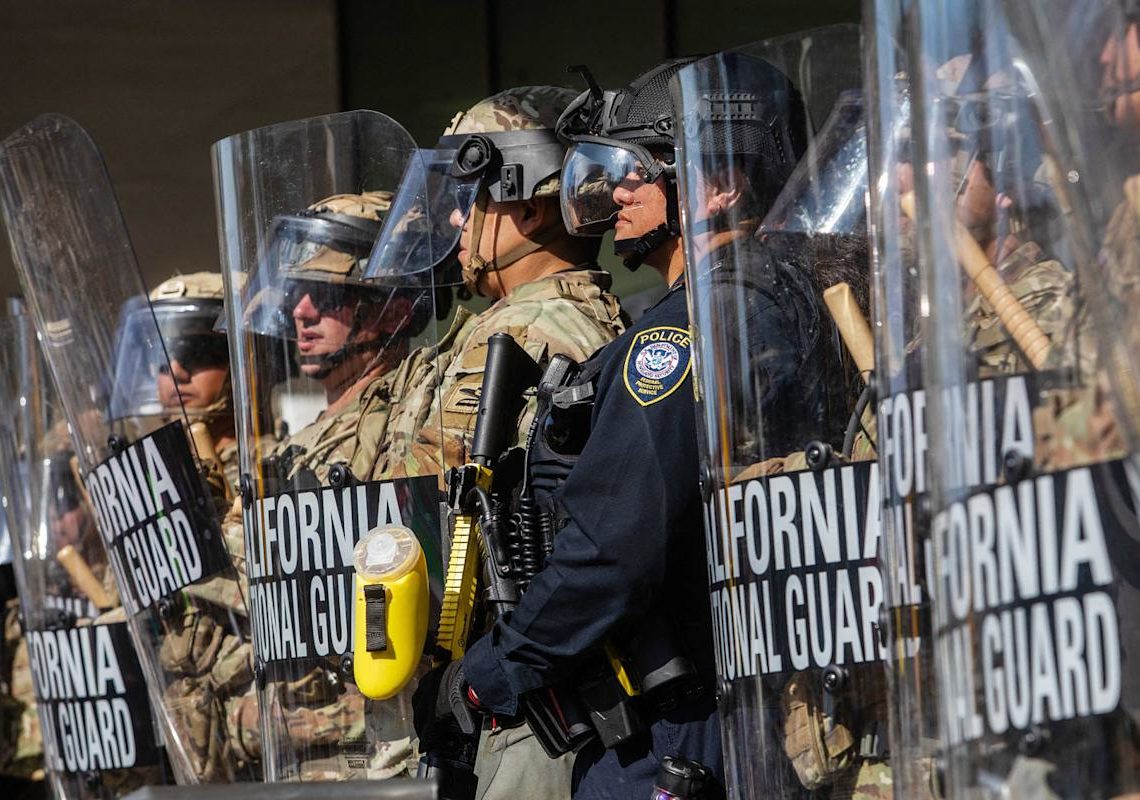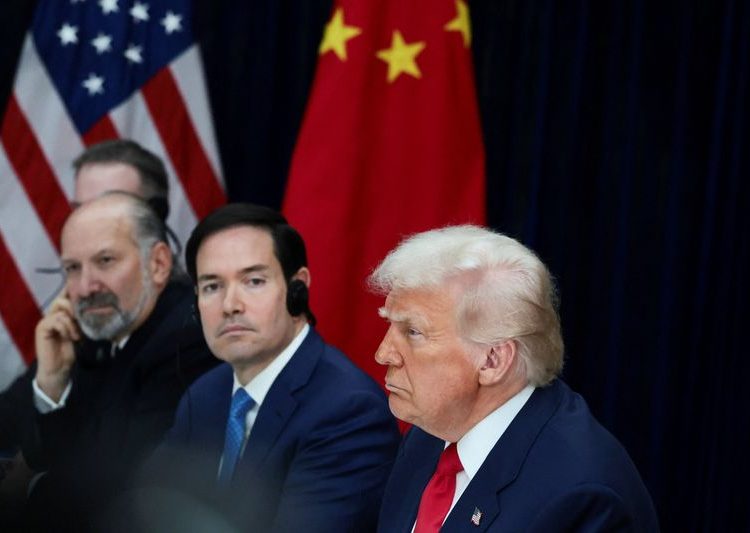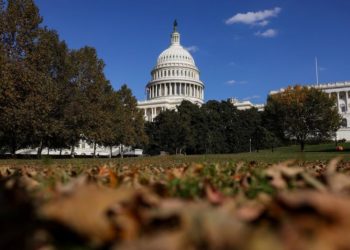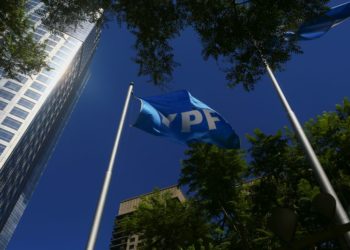WASHINGTON — President Donald Trump’s move to send National Guard troops and Marines to Los Angeles amid unrest over his immigration policies has given new weight to a lingering question: How far can a president go in using the military to quell domestic disturbances?
For now, the military has a limited role in Los Angeles, at least on paper, focused on protecting federal buildings and activities. But that hasn’t stopped California’s Democratic leaders, including Gov. Gavin Newsom, from vehemently objecting to Trump’s actions.
Trump has not taken the more drastic step of invoking the Insurrection Act, the name given to a series of legal provisions that allows the president, in certain circumstances, to enlist the military to conduct civilian law enforcement activities.
But Elizabeth Goiten, an expert on national security at the Brennan Center for Justice, noted that the memorandum Trump issued Saturday authorizing military involvement in support of immigration enforcement makes no reference to Los Angeles, meaning it applies nationwide.
“That’s just a red alert,” she said. “If we have the military being pre-emptively deployed throughout the country to effectively police protests, that is the hallmark of authoritarian rule.”
Although the military’s role may initially be limited to a protective function, Goiten said that could easily be expanded in certain situations to include use of force and detention of protesters even without invoking the Insurrection Act. She pointed to the response of federal agencies under Trump during protests in Portland and Washington, D.C., in 2020.
Ilan Wurman, a professor at the University of Minnesota Law School, said that to this point, Trump has acted within existing precedents that allow the president to use the military to assist with the enforcement of federal law.
“Federalizing the National Guard, using regular forces to restore order, is in my view well within the range of prior precedents,” he said.
But, Wurman added, any attempt to invoke the Insurrection Act “would be more problematic.”
When is it legal for the president to use the military to support law enforcement?
Generally, using the military to conduct broad law enforcement activities is forbidden under another law, the 1878 Posse Comitatus Act. But that statute contains many loopholes, of which the Insurrection Act is one.
The Posse Comitatus Act was enacted at the tail end of the post-Civil War Reconstruction period, erecting a new barrier against military intervention in the South as it moved toward the Jim Crow era.
The last time the Insurrection Act was invoked was during the 1992 Los Angeles riots. President George H.W. Bush acted at the request of Tom Bradley, the Democratic mayor of Los Angeles, and Pete Wilson, the state’s Republican governor. Previously, the act was used to desegregate schools in the 1950s and ’60s amid opposition from state and local leaders in the South.
In calling in the National Guard, Trump invoked a different law that allows the president to do so when there is an invasion or a danger of invasion or a rebellion or a danger of rebellion or when “the president is unable to with the regular forces to execute the laws of the United States.”
The law states that orders “shall be issued through the governors of the states,” which has not happened in this case, as Newsom is adamantly opposed to Trump’s move. California has filed a lawsuit that cites the skirting of Newsom’s role under that provision as well as broader claims that Trump is infringing on California’s sovereignty, among other things.
“There is no invasion. There is no rebellion,” California Attorney General Rob Bonta said Monday.
In a new court filing Tuesday, Bonta said there was a “substantial likelihood” that troops will “engage in quintessential law enforcement activity” in violation of the Posse Comitatus Act if a judge does not take immediate action.
He cited plans for National Guard members to provide support for immigration operations by, for example, securing perimeters in communities where enforcement activities are taking place.
NBC News has separately reported that Marines deployed to Los Angeles could be used to transport immigration officers to arrest locations.
Attorney General Pam Bondi has said she fully backed Trump’s actions.
“We are going to enforce the law regardless of what they do,” she said, referring to Newsom in a Fox News interview Monday. “Look at it out there. It looks like a Third World country.”
Chris Mirasola, a professor at the University of Houston Law Center, said the impact of Trump’s current plan could be limited by practical considerations, including the number of military personnel available and the cost of paying National Guard troops on active duty.
“This ends up becoming extremely expensive very quickly,” he added. The cost of the Los Angeles deployment alone is about $134 million, a defense department official said Tuesday.
Military personnel are also likely to have little training in how to approach a domestic protest.
“This is not in their normal mission set. There’s always risk of escalation,” which would only be more pronounced if the Insurrection Act was used, Mirasola added.
How is the Insurrection Act different?
If the president invokes the Insurrection Act, troops would not be limited by law to protecting federal property and personnel. Instead, they could have a much more active role on the streets, with a greater possibility of encountering civilians.
While troops may not be able to carry out all the functions of federal law enforcement officers, such as conducting immigration raids, they could assist without violating the law, Mirasola said.
There are also questions about whether the judiciary would intervene if Trump sought to use the Insurrection Act — or even who would have legal standing to sue to stop Trump.
Litigation in that scenario could mirror a legal fight that has already played out over the Trump administration’s efforts to use a wartime law, the Alien Enemies Act, to swiftly deport certain immigrants without affording them due process.
The Supreme Court said due process is required, that detainees be given a proper chance to raise legal objections before a federal judge. But the court also said such lawsuits must be brought via habeas corpus claims from the people affected, not under a federal law called the Administrative Procedure Act.
Any attempt to use the Insurrection Act could be challenged, “but what shape the challenge takes may depend on the basis for invocation, how it is implemented and how it is directly carried out on the ground,” a civil rights lawyer said.
Although Trump and his allies have referred to protesters in Los Angeles as “insurrectionists,” there is no plan at the moment to invoke the Insurrection Act, a White House official told NBC News.
Speaking on Sunday about whether he would seek to use the law, Trump said there was not currently a reason to but did not rule it out in future.
“Depends on whether or not there’s an insurrection,” he said.
This article was originally published on NBCNews.com
The post Military deployment in L.A. puts Trump’s authority to use troops at home in the spotlight appeared first on NBC News.




